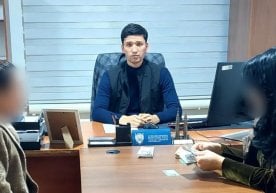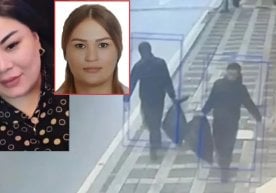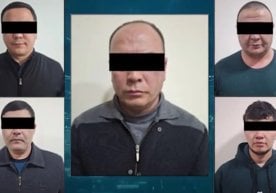Peace ambassadors from Samarkand
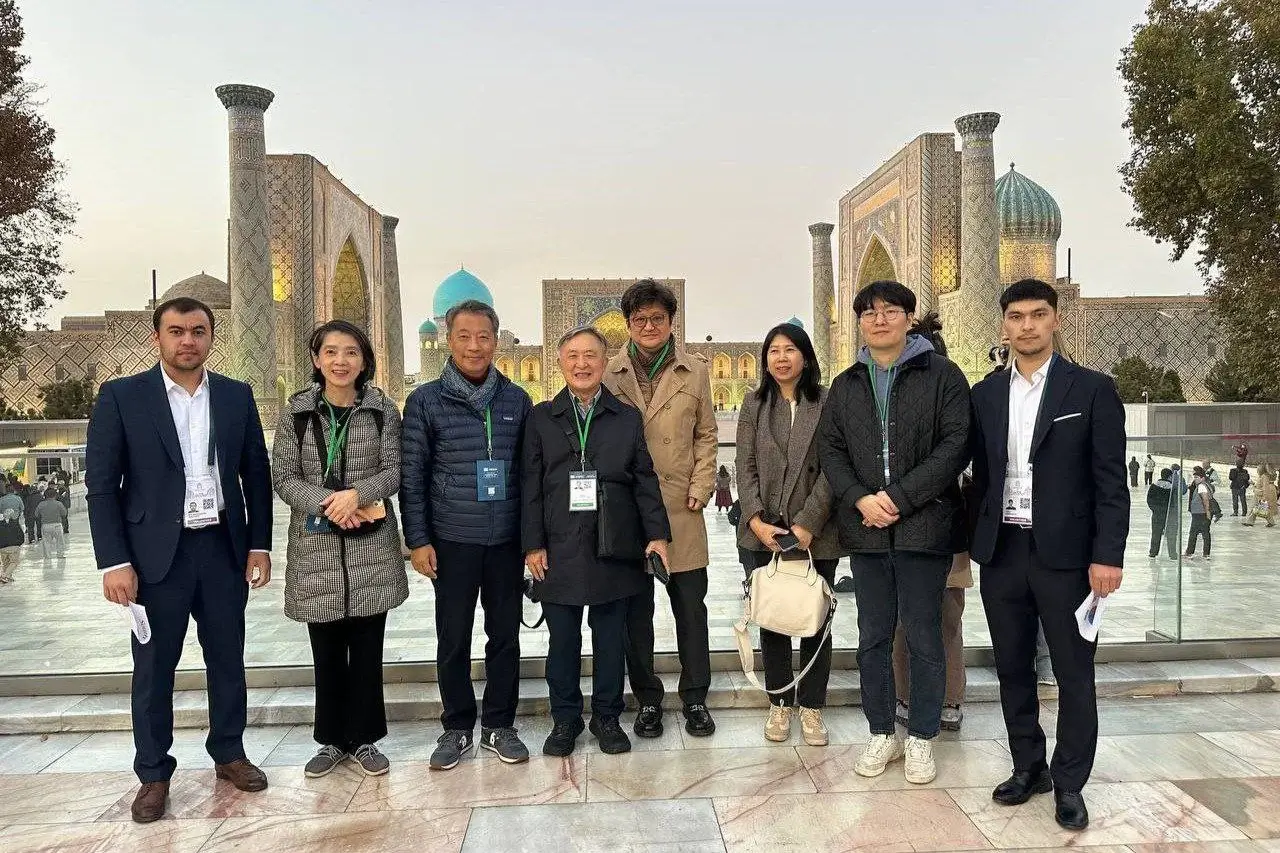
When languages connect hearts - the world becomes closer. This was confirmed by the students and teachers of the Samarkand State Institute of Foreign Languages, which was part of the 43rd session of the UNESCO General Conference.
This autumn, Samarkand became a city where dozens of languages are spoken - from English and French to Arabic, Chinese, and Russian. But the main language was probably the language of mutual understanding. Among the numerous delegates and guests from 194 countries, more than four hundred volunteers and translators of SamISI worked - young people whose knowledge of languages has become a means of friendship, respect, and cooperation.
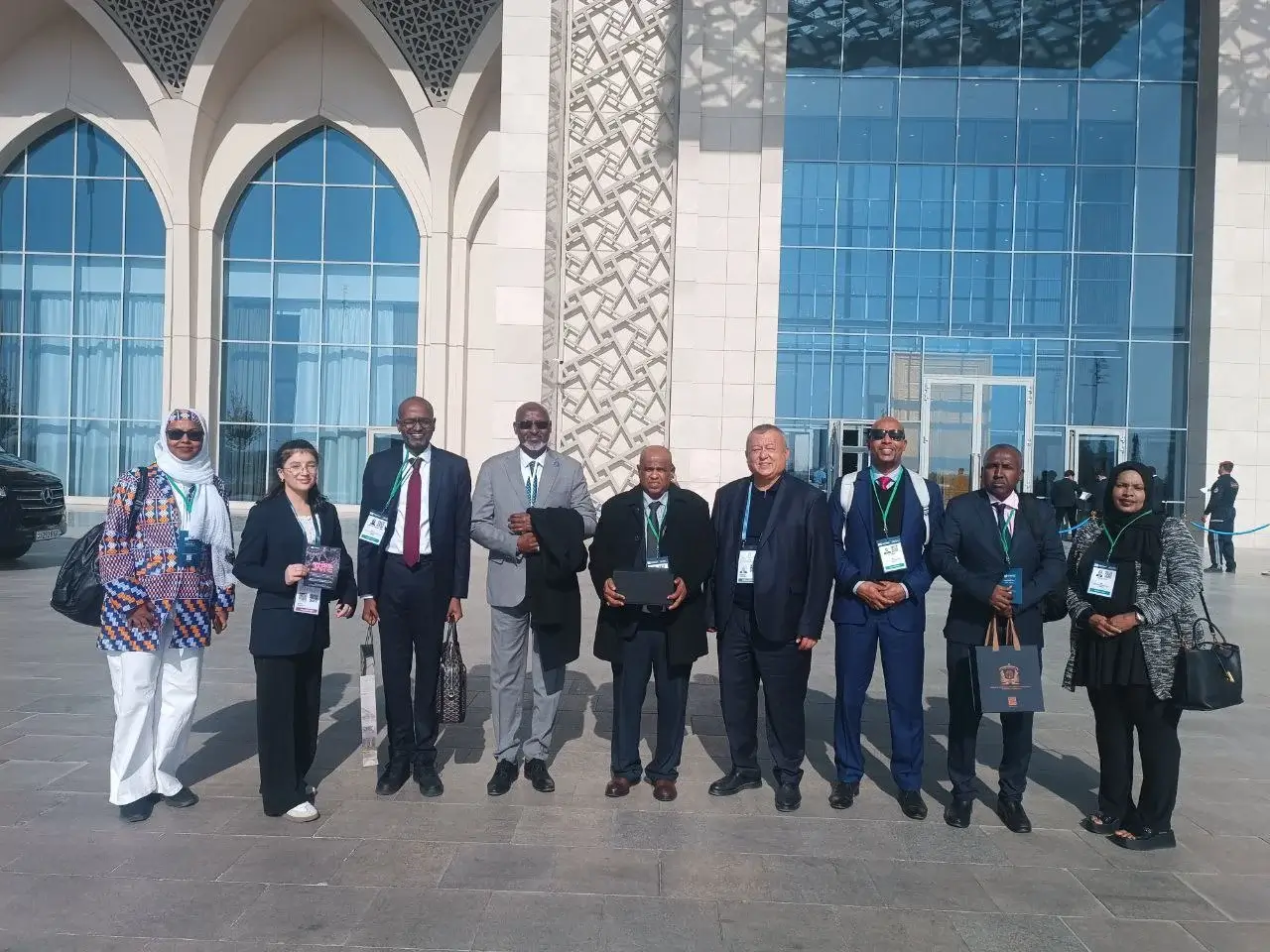
They welcomed delegations at the airport, accompanied guests, assisted in meeting halls, forums, round tables, and cultural evenings. They listened, translated, smiled, explained, sometimes simply helped find the right hall - but they did all this with a sense of great responsibility. Because in those days, each of them was the face of Uzbekistan.
"We felt ourselves not just translators, but mediators between cultures," says one of the volunteers, Diyora Karimova, a first-year student of the Faculty of Romano-Germanic Languages. "This is not just practice. This is a life in which every word has meaning."
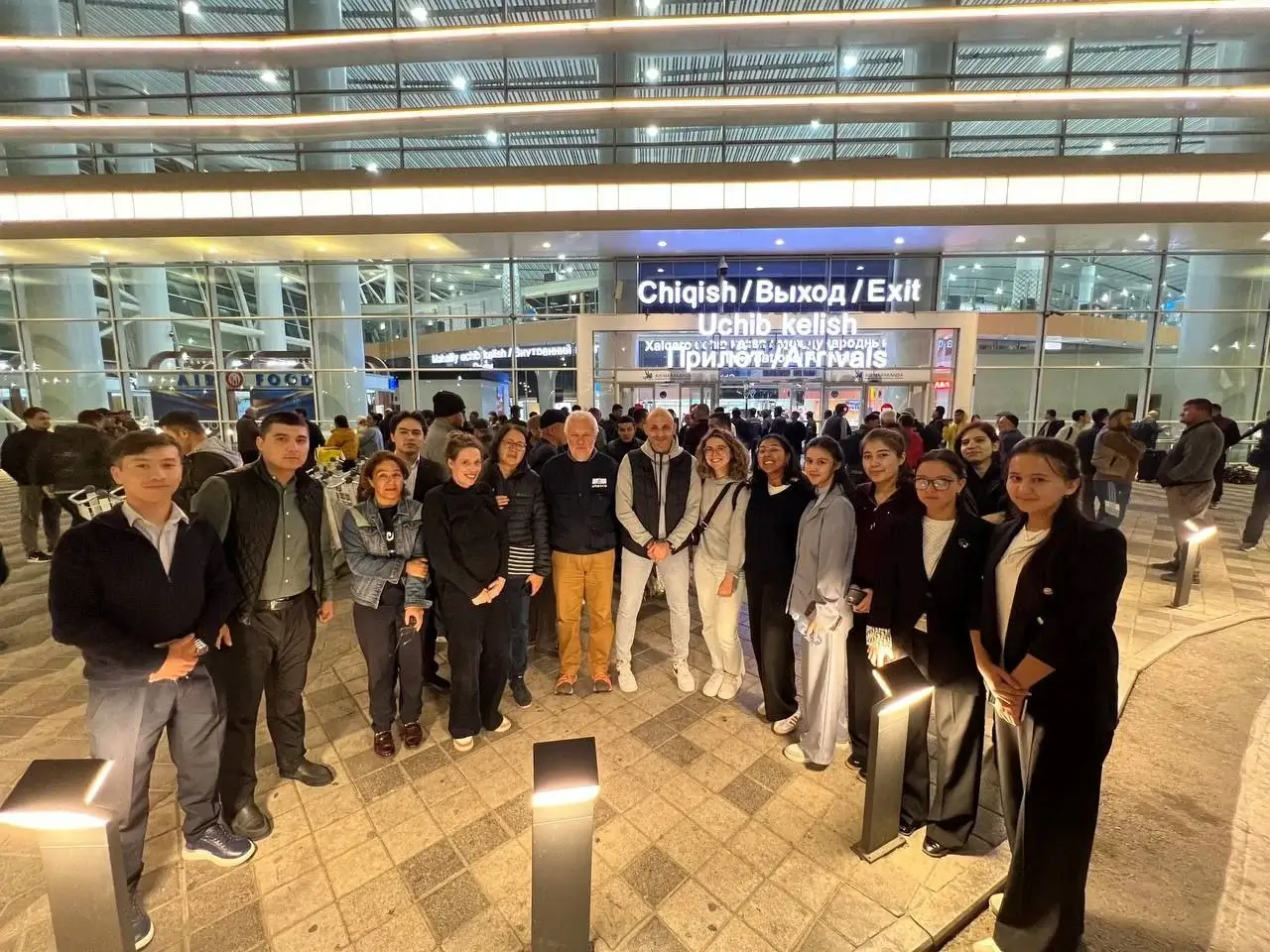
UNESCO is not just an organization. This is the idea that the world can be built not by force, but through mutual understanding, education, and culture. SamDCHTI students not only study this idea in lectures, but also implement it in real life. After all, learning a language is not just a dry grammar or an exam. This is the ability to hear another person, understand their tones, and perceive differences as wealth.
If a young man from Samarkand translates the speech of an African delegate, and a girl from the Faculty of Russian Philology helps a French journalist, this is not just communication. This is the birth of trust between countries. This is the essence of UNESCO's mission: to establish peace in the minds of people.
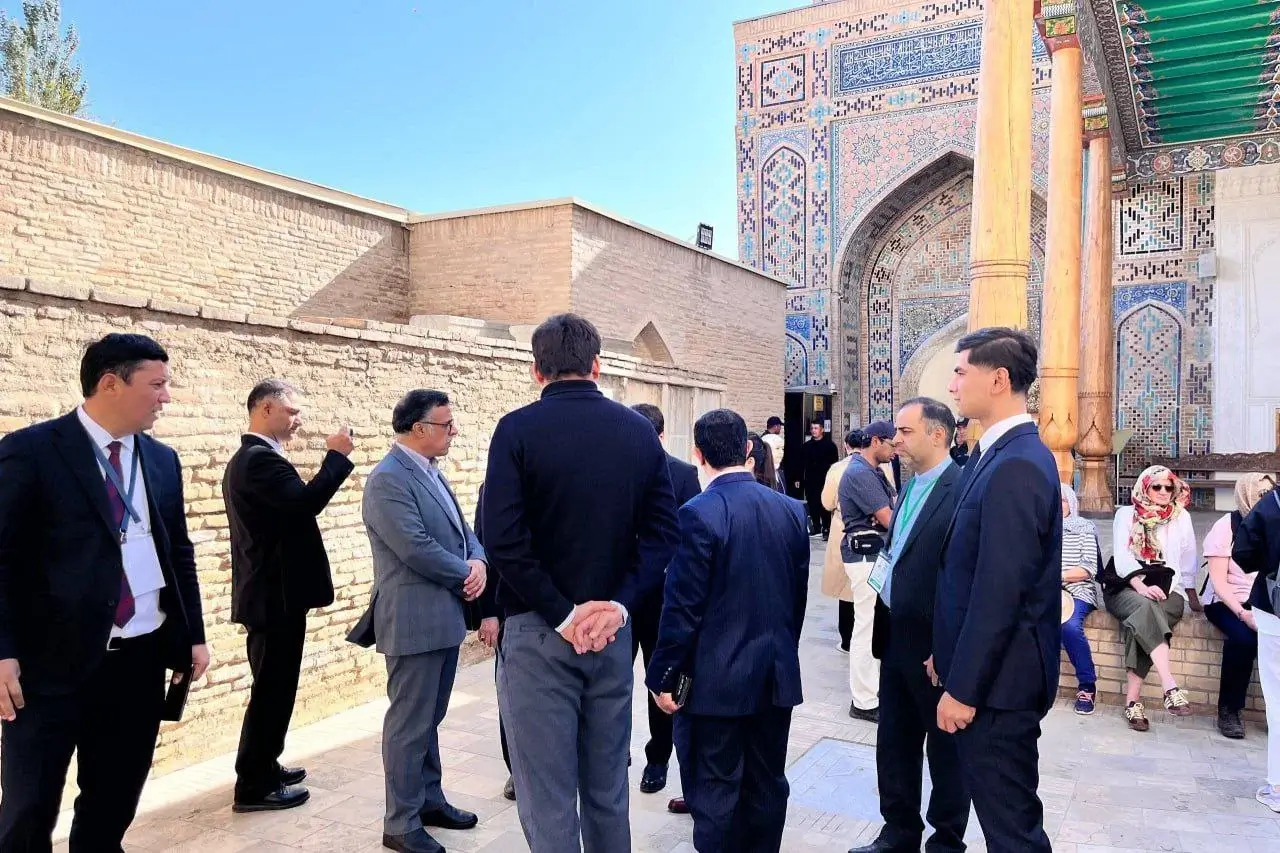
Today, knowing languages is becoming not a luxury, but a necessity, especially in a world where borders are becoming increasingly conditional. Learning foreign languages is not only a career path, but also a path of consciousness and respect for other cultures. Therefore, SamDCHTI's participation in such a large-scale conference will contribute not only to the organization of the event, but also to the development of the idea of international dialogue.
According to the institute's staff, such initiatives help students understand the practical value of knowledge. Translation, volunteering, intercultural communication - all this becomes part of the real educational process, where language ceases to be a subject of study and becomes a bridge.
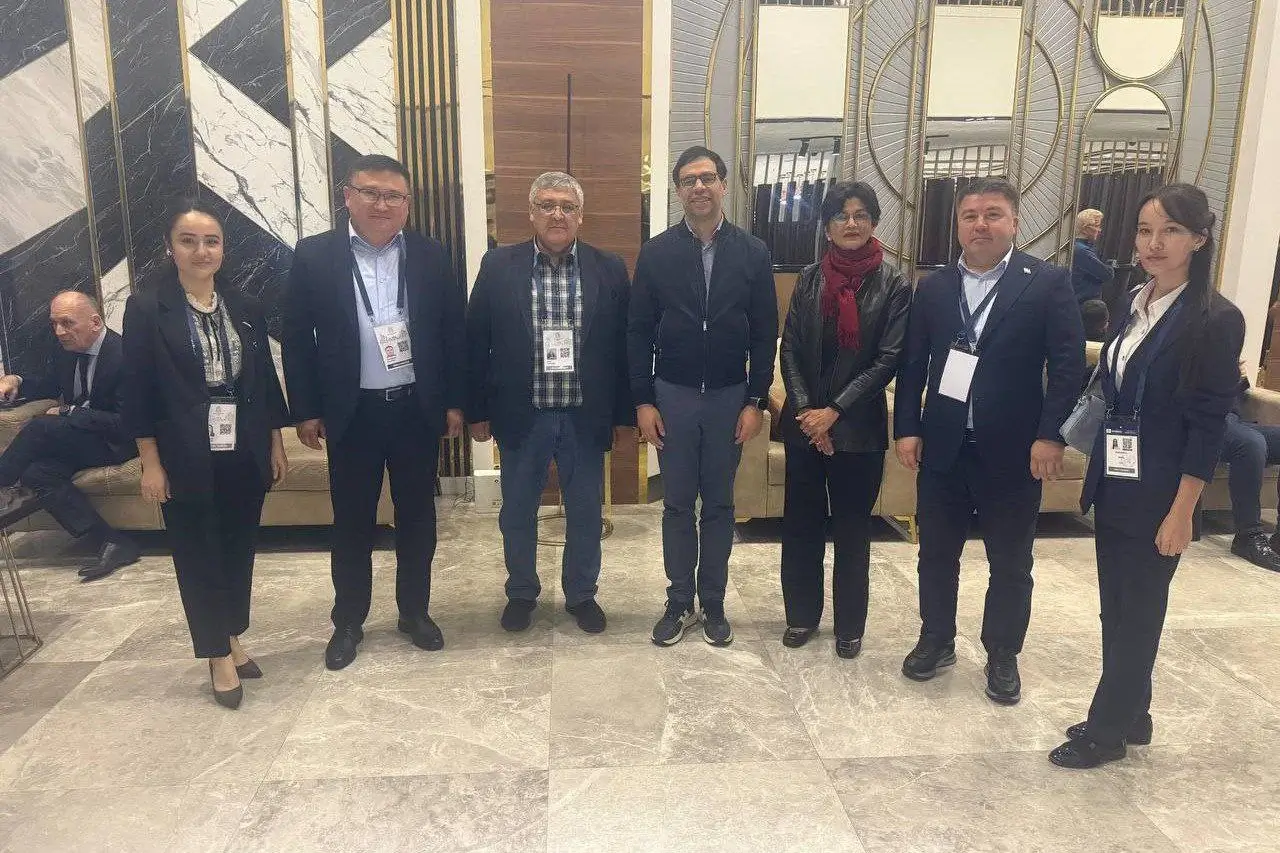
The city of Samarkand, where caravan routes have intersected for centuries, is once again becoming a symbol of the intersection of civilizations. If previously merchants and sages met here, now young linguists, teachers, and volunteers are meeting here, bringing the voice of understanding to the world.
As U.U. Sattarov, Dean of Romance-Germanic Philology at SamSMTI, noted: "When our students translate, they simply don't speak another language. They create a space where there are no "one's own" and no "outsiders." There are only people who want to understand each other."
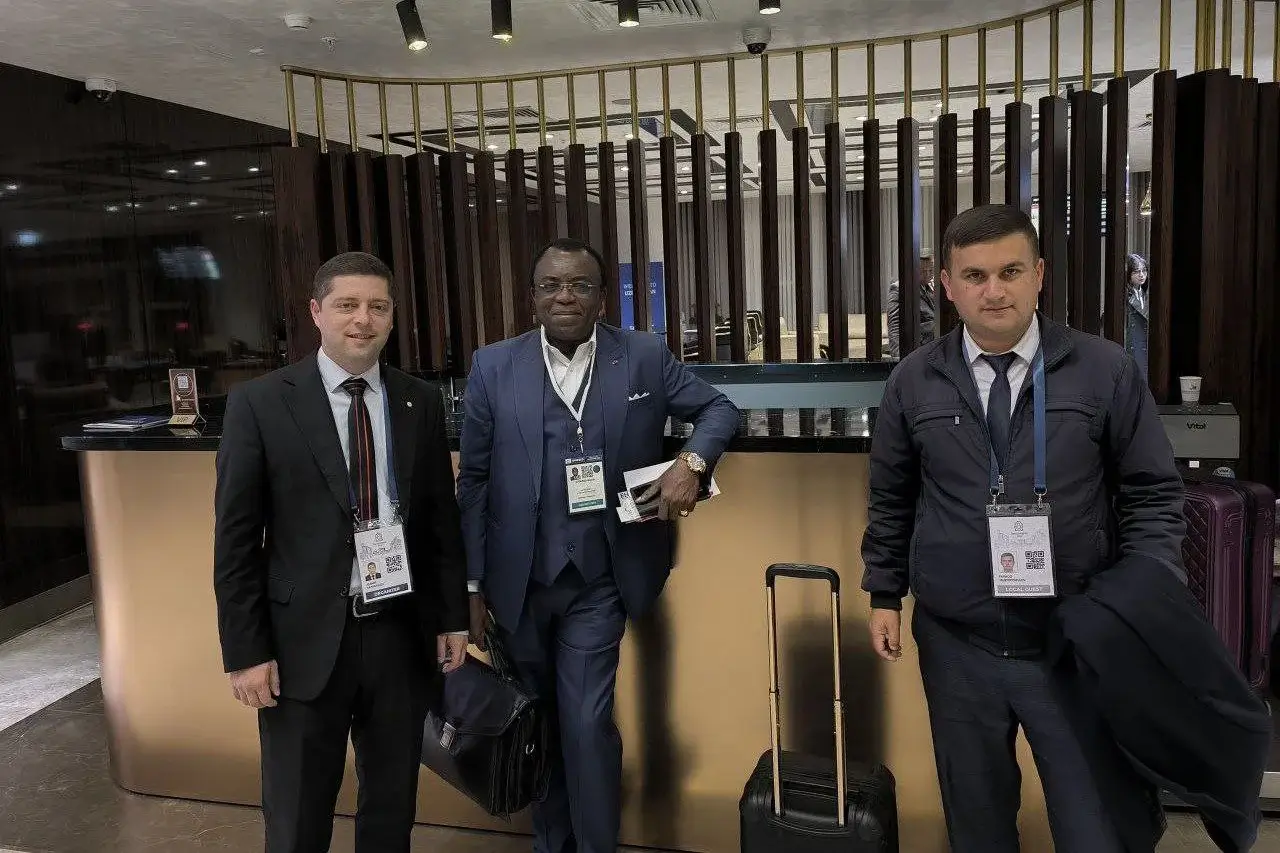
Perhaps the real world that UNESCO dreamed of would begin with such words, smiles, and gestures.
Authors:
Akhmedova Parvina Abdumannonovna,
volunteer, translator and instructor of SamSRI
Dilnoza Ergasheva,
Teacher at SamDCHTI
Read “Zamin” on Telegram!
















